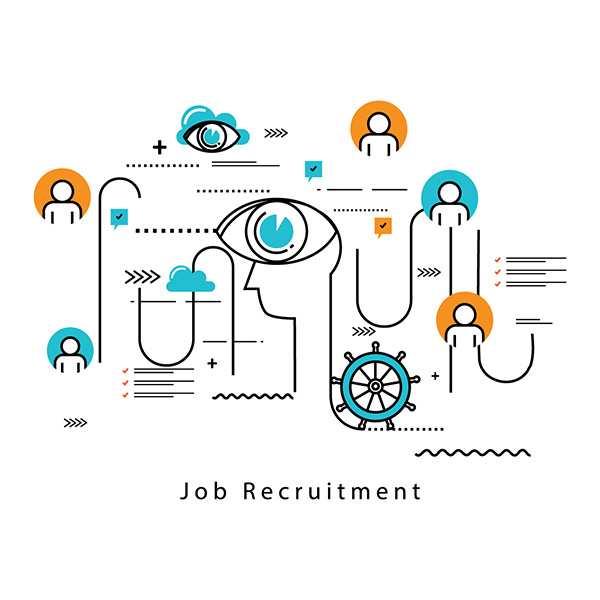Sakura Mentor
Lessons from my job-hunting experience in Japan - Part 1
Rahul Maroju
Updated in November 2023
Searching for jobs in Japan could be very challenging and stressful for international students. When I started my master’s program, I did not have a clear idea whether I will work in Japan after my study. Not realizing its seriousness, I planned to decide about it as I go along! In this article, I would like to share some lessons learnt during this exploration.
First, the recruitment schedule of Japanese companies could be tricky, and some students may even be unaware. Typically, the programs (classes) in Japanese universities begin from April (Spring semester) every year. On the other hand, many international students including me started studying in October (Fall semester). The company recruitment schedule is convenient for the Japanese as they expect students to start working from April, for which, they recruit during April of the previous year or even earlier! Some students expect a similar timeline, where there is a recruitment process held during October of the previous year, but this is rarely done by companies. So, students studying from Fall should adapt themselves to the Japanese timeline.
 Image by liravega on Freepik
Image by liravega on Freepikhttps://www.freepik.com/free-vector/business-background-design_949895.htm#page=2&query=job%20hunting&position=11&from_view=keyword&track=ais&uuid=04f446d9-56d0-42bb-9af7-1c1f0bc16224
For example, I started my program in October 2020, and I was expected to graduate in September 2022. To reliably start working from October 2022, I’m recommended to apply for jobs during April 2021. If successful, the company expects me to start working from April 2022. However, as I can’t complete my studies yet, they can defer the joining to a date after graduation.
Personally, I feel the job application period is too early as it is merely 6 months from when studies started, and most foreigners would still be trying to settle down in the country and wondering what to pursue for their future career. For my case, I struggled to decide my career plan. Initially, I planned to pursue a PhD under the supervision of my current Professor. I also expressed it and obtained his consent. But I was still confused and was continuously assessing its pros and cons. It was not until October 2021 that I finally decided to take up a job. The main reason was my lack of clarity of what exactly I wish to research deeply about and thus decided to consider it at a later stage. As I was late for the job schedule, I had to compromise working as soon as I graduate and expect to begin work from April 2023. But I had no other option but to apply for jobs around April 2022. I felt that I did not have enough time to prepare a thorough plan to secure a job and worked on it hastily which impacted my overall well-being, but somehow, I could cope with it.
Eventually, everyone must decide their path. But the advantage experienced by the person who does it earlier is immense. In summary, deciding a path and making an action plan as early as possible paying attention to the dates is a key starting step for successful job-hunting.
In the next article, I shall discuss my observations about the actual job search.







